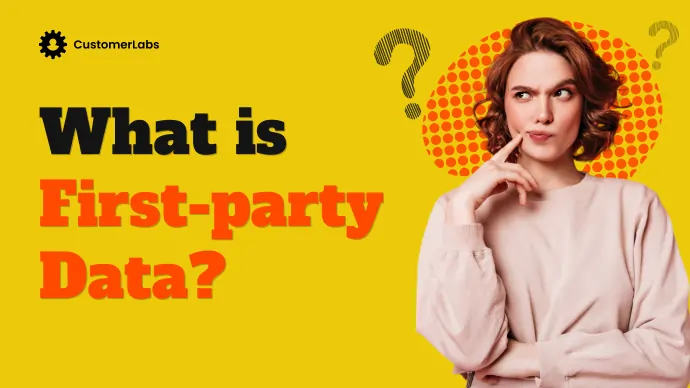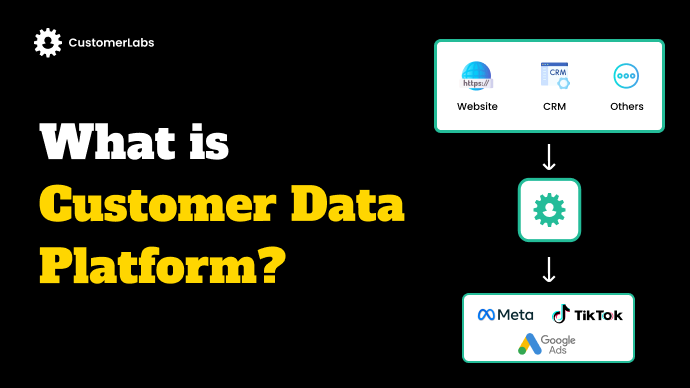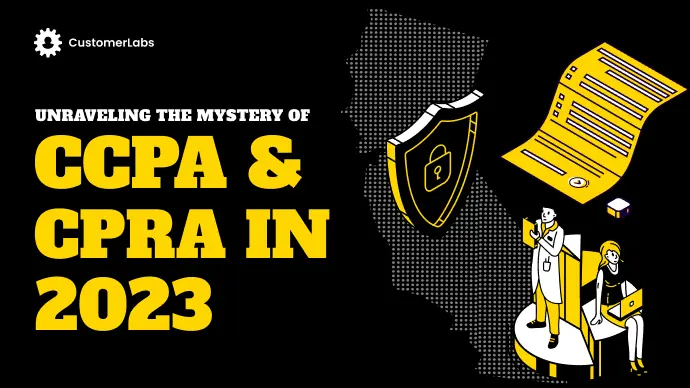Five years ago, the digital world was shaken with the enforcement of GDPR (General Data Protection Regulation), a data privacy law that is stringent, and strictly protects user’s privacy in the European Union. Know the GDPR impact on Marketers in this blog.
GDPR Impact On Marketers
·
On October 13, 2023
·






